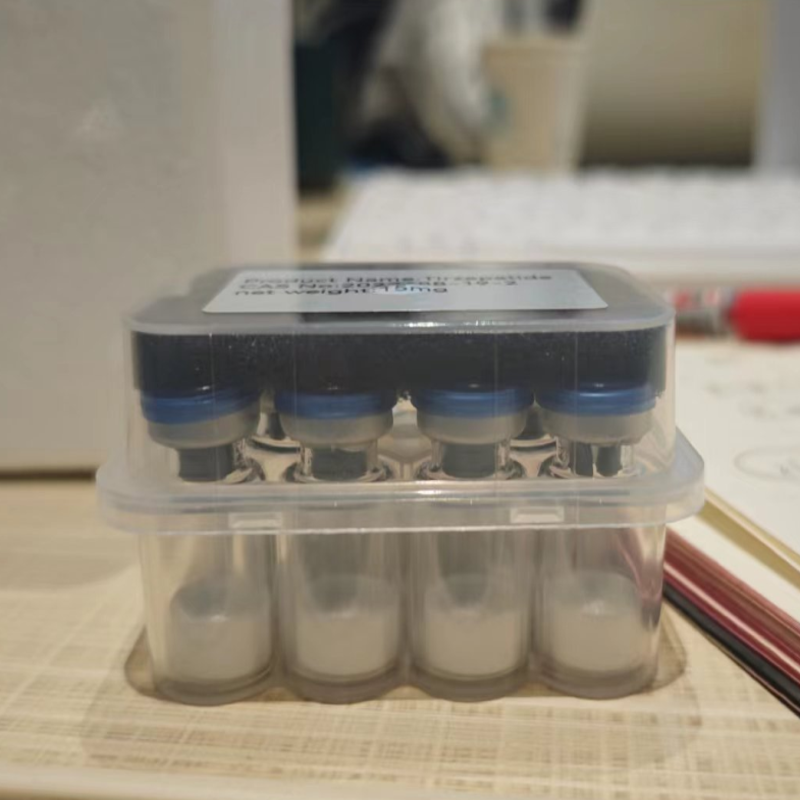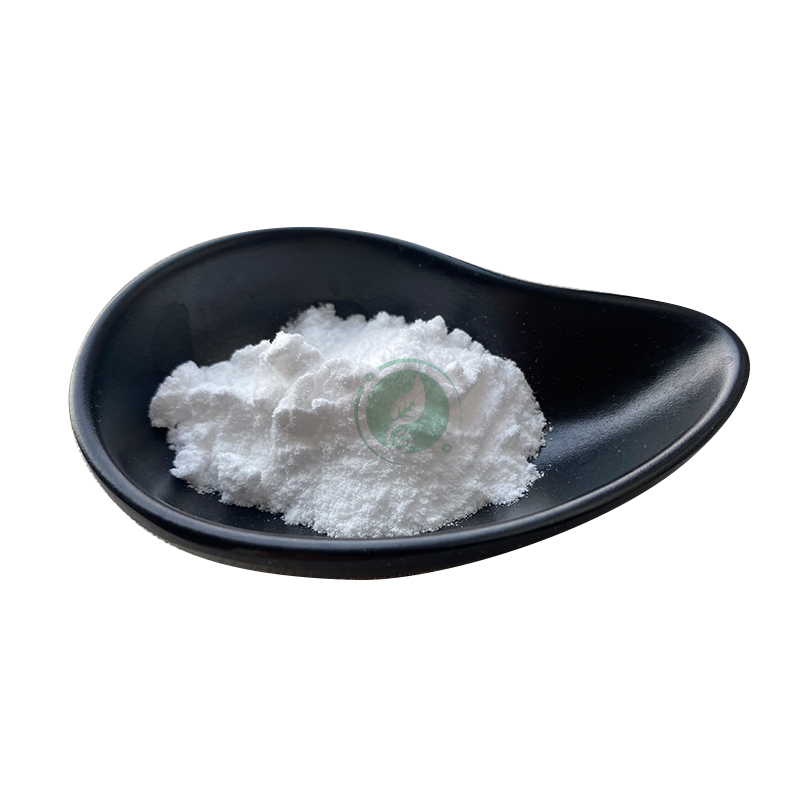-
Categories
-
Pharmaceutical Intermediates
-
Active Pharmaceutical Ingredients
-
Food Additives
- Industrial Coatings
- Agrochemicals
- Dyes and Pigments
- Surfactant
- Flavors and Fragrances
- Chemical Reagents
- Catalyst and Auxiliary
- Natural Products
- Inorganic Chemistry
-
Organic Chemistry
-
Biochemical Engineering
- Analytical Chemistry
-
Cosmetic Ingredient
- Water Treatment Chemical
-
Pharmaceutical Intermediates
Promotion
ECHEMI Mall
Wholesale
Weekly Price
Exhibition
News
-
Trade Service
According to a new study, a drug used to treat agitation in patients with dementia is not more effective than a placebo and may even increase mortality
The study, led by the University of Plymouth and published in The Lancet, showed that the antidepressant mirtazapine has no effect on anxiety in patients with dementia and may be more likely to be associated with mortality than no intervention at all
Restlessness is a common symptom of dementia, which is characterized by inappropriate speech, sound or motor activities, often involving physical and verbal aggression
This study was funded by the National Institutes of Health (NIHR) and recruited 204 people who may or may have Alzheimer's disease from 20 places in the UK.
The results showed that after 12 weeks, the mirtazapine group had no less agitation than the control group
The lead researcher, Executive Dean of the University of Plymouth School of Health and Professor Sube Banerjee, professor of dementia, explained why these results are so surprising but important
There are 46 million people living with dementia worldwide, and this number will double in the next 20 years
"This study shows that common symptom management methods are not helpful and may even be harmful
"This study adds important information to the evidence base, and we look forward to further research on treatments that can help improve people's quality of life
Article title
Study of mirtazapine for agitated behaviours in dementia (SYMBAD): a randomised, double-blind, placebo-controlled trial







